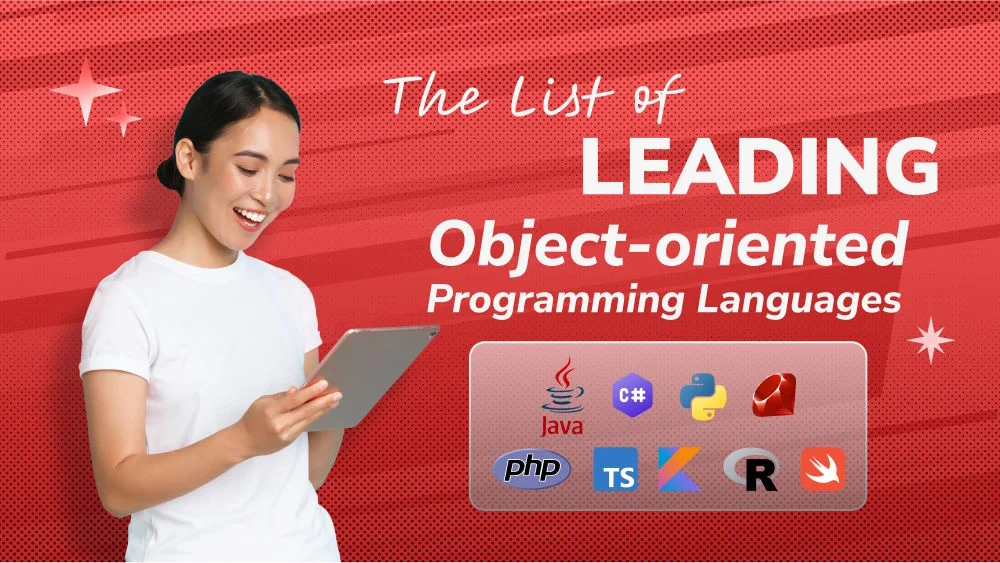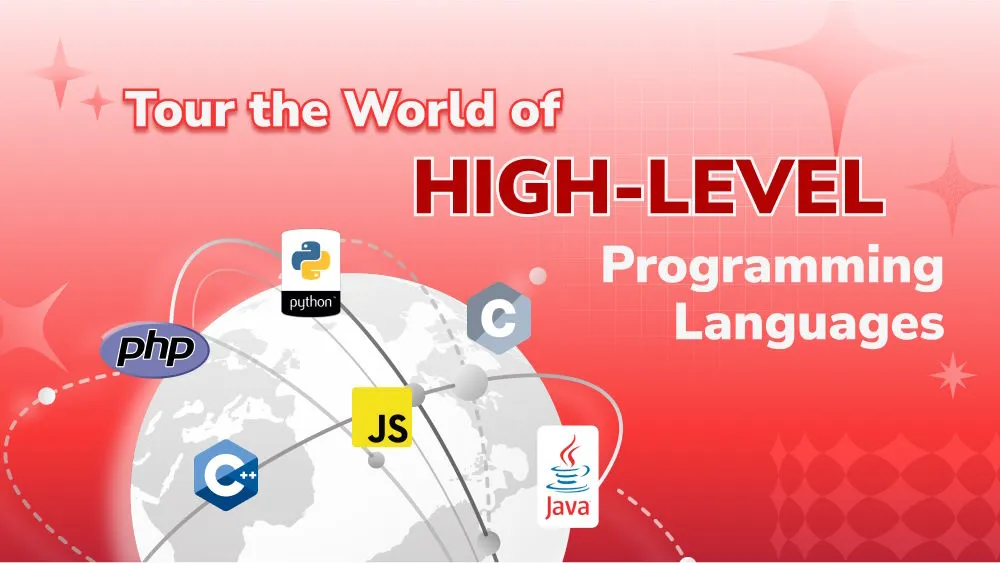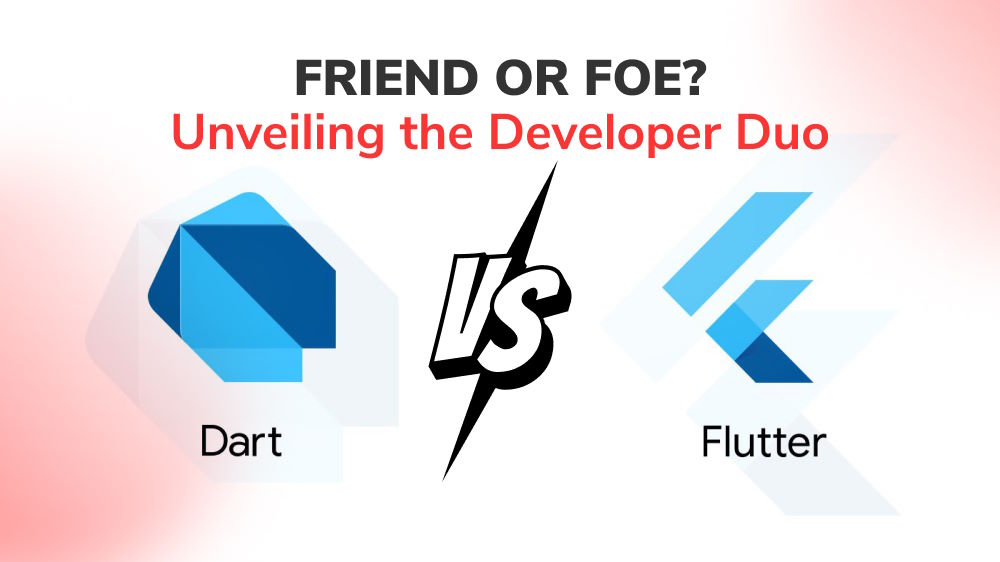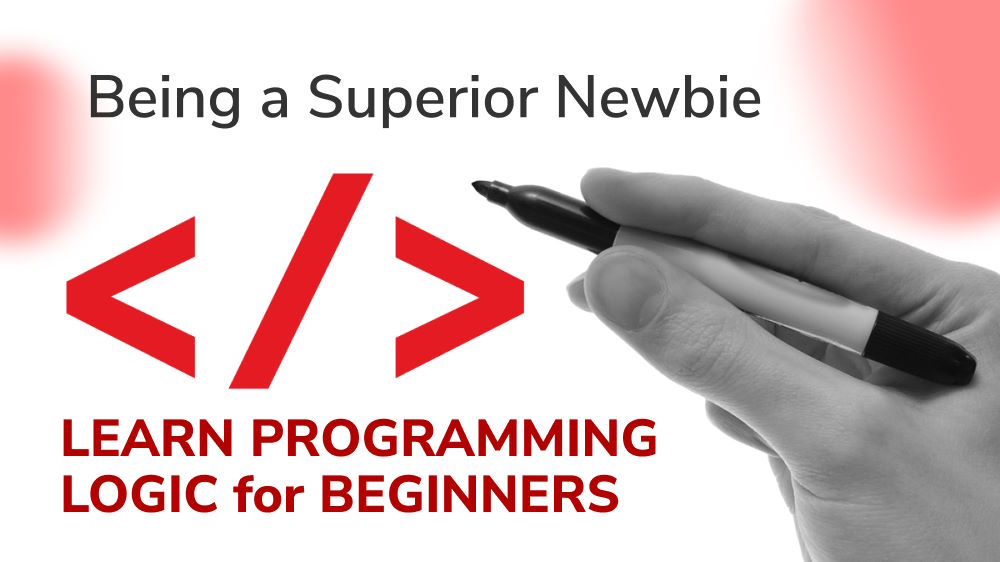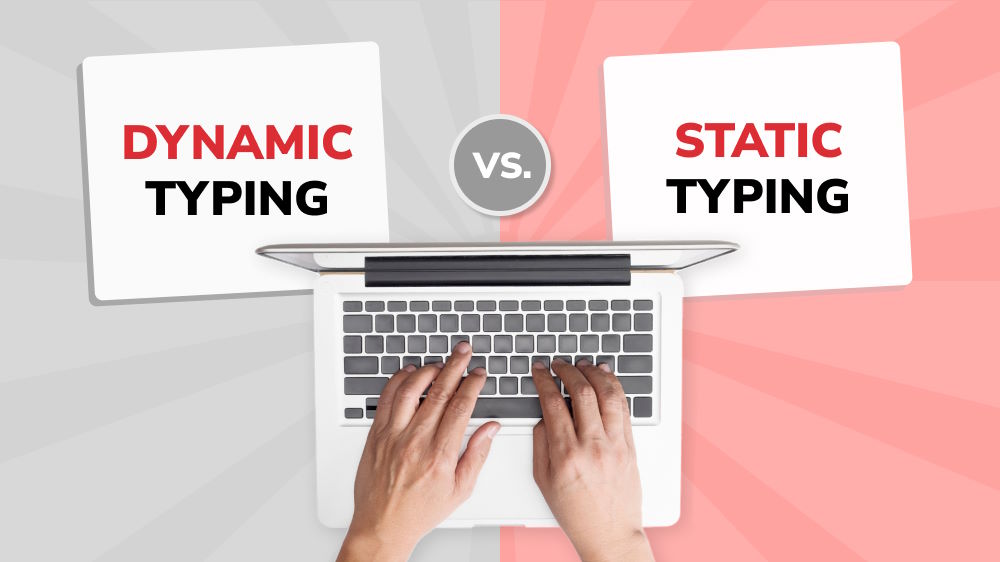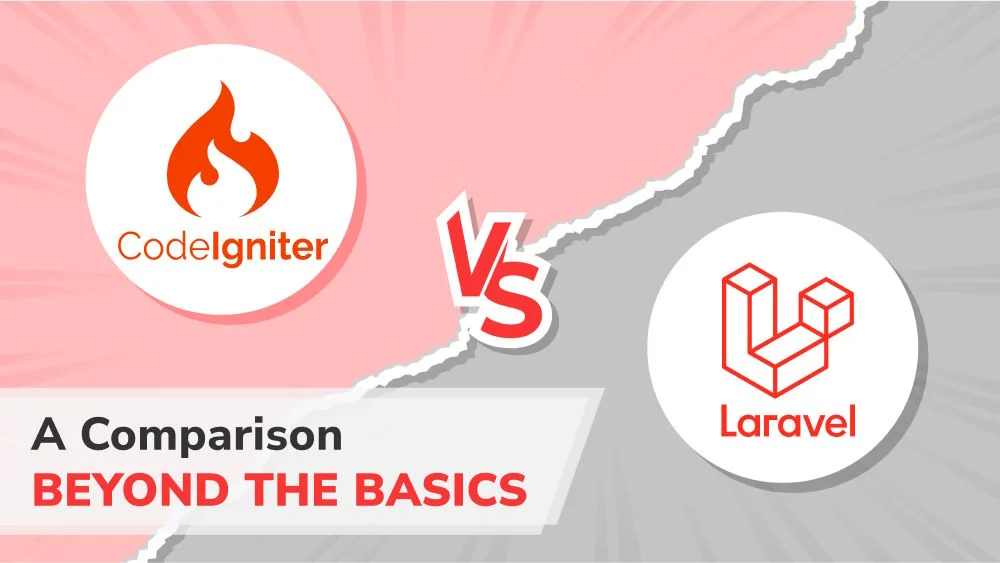
Making the Decision: Object-oriented Programming vs. Functional Programming
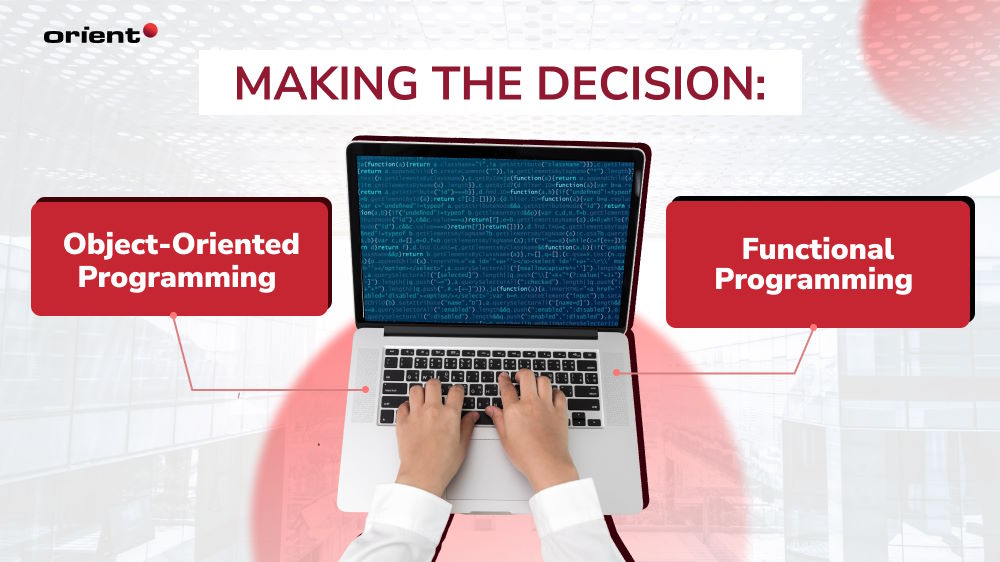
Content Map
More chaptersProcedural programming, once the dominant paradigm in software development, has evolved to make way for more versatile technological advances. As software systems grew in complexity to the stage where the drawbacks of spaghetti code and scaling codebases became more pronounced, object-oriented programming (OOP) and functional programming (FP) have gained prominence with the ability to effectively solve previously faced challenges in the old programming paradigm.
Because of the obvious differences in characteristics and advantages offered by each paradigm, choosing object-oriented programming or functional programming for the next project becomes difficult for developers, especially beginners. If you are still in the middle of nowhere in choosing between object-oriented programming vs. functional programming, check out this article.
An Overview of Object-oriented Approach
There are necessary definitions and concepts that you need to learn carefully before applying them to software development processes to ensure the best project outcomes. Here, we give you some key takeaways of object-oriented programming.

What Is Object-oriented Programming?
Object-oriented programming (OOP) is a well-known programming paradigm that revolves around the concept of “objects,” which are instances of classes. Each object comprises data in the form of fields (attributes or properties) and code in the form of procedures (methods). The fundamental purpose behind object-oriented programming is to help the development team structure their code in a way that mirrors the natural organization of real-world systems, making it easier to design, build, and maintain complex software.
The key principles of OOP include:
- Encapsulation: It involves the act of grouping data (attributes) and methods that operate on the data into a single unit (object), allowing developers to hide the internal state of an object from the outside world and expose only the necessary functionality to interact with it.
- Inheritance: It is a mechanism that enables a new class to inherit methods and properties based on an existing class, leading to better code reusability and the creation of a hierarchy of classes.
- Polymorphism: It allows objects to be treated as instances of their parent class, enabling functions or methods to flexibly operate on objects of various types through a common interface.
- Abstraction: It is the ability to simplify complex software systems by modeling classes appropriate to the problem and working at the most relevant level of inheritance without knowing the underlying implementation details.
Examples of Popular Object-oriented Programming Languages
By applying object-oriented programming principles, these languages receive widespread adoption across diverse software development domains. Examples of object-oriented languages include:
- Java: Known for its platform independence and wide usage in enterprise software applications.
- Python: A popular programming language for rapid development and scripting, which is known for its simplicity and readability.
- C#: Widely utilized for Windows application development, game development using Unity, and enterprise software solutions.
- Ruby: With elegant syntax and productivity, it is often used for web application development and prototyping.
- PHP: Frequently employed for server-side web development, especially in conjunction with databases.
Advantages and Disadvantages of Object-oriented Programming (OOP)
Object-oriented programming offers multiple advantages and disadvantages to software development. Understanding the pros and cons is pivotal for making informed decisions when selecting a programming paradigm for a given project.
Advantages of OOP
- Modularity and Reusability: By promoting modular design, OOP makes it easier to reuse objects in different parts of an app or even in different apps.
- Simplicity and Understandability: Modeling software using real-world entities helps OOP code tend to be more intuitive and understandable, reducing complexity and making maintenance more manageable.
- Efficiency and Security: OOP can improve code management, reduce cyber security risks, and enhance overall security by providing a clear framework for writing and maintaining code.
- Flexibility: The inheritance principle allows new classes to inherit properties from existing classes, leveraging code reusability and fostering the creation of a hierarchy of classes.
Disadvantages of OOP
- Learning Curve: The four complex concepts of OOP might be challenging for beginners to grasp, leading to a steeper learning curve.
- Performance Overhead: Some OOP programming languages, such as Python, may have performance overhead due to dynamic typing and other factors, compared to lower-level languages like C++.
- Lack of Universal Standards: Different languages have different ways of implementing OOP, which can result in inconsistencies and difficulties when transitioning between languages or when collaborating on multi-language projects.
- Design Limitations: Overusing OOP principles, such as excessive inheritance or tightly coupled classes, can lead to rigid, inflexible designs that hinder future modification and extension.
An Overview of Functional Programming Concepts
There are necessary definitions and concepts that you need to learn carefully before applying them to software development processes to ensure the best project outcomes. Here, we give you some key takeaways of functional programming.
What Is Functional Programming?
Functional programming (FP) is a declarative programming model centered around the concept of pure “function,” which always produces the same output for a given input without altering or being affected by the program state. In the functional program, computation is treated as the evaluation of mathematical functions to avoid mutable states and side effects.
As all functions are first-class citizens, they can be assigned to variables, passed as arguments to other functions, and returned as values from other functions, enabling the creation of complex behavior. AI design, ML classification algorithms, and financial programs are some typical uses of this declarative programming paradigm.
Examples of Popular Functional Languages
Some of the languages below may be relatively new, but they are currently gaining popularity and are widely used in various domains.
- Haskell: A purely functional language widely used in developing high-assurance systems due to its strong static typing, lazy evaluation, and expressive type system.
- Scala: Scala is not really a functional language; it is a hybrid functional and object-oriented language that runs on the Java Virtual Machine (JVM).
- OCaml: OCaml is known for its robust type of inference system and is commonly used in compiler development and formal verification.
- Erlang: Designed for concurrent and distributed systems, Erlang is the power language in telecommunications, banking, and e-commerce applications.
- Clojure: A modern functional programming language for building scalable and resilient systems.
Advantages and Disadvantages of Functional Programming (FP)
It is undeniable that the functional programming approach brings businesses many benefits. However, no paradigm exists without limitations, and functional programming is no exception. Understanding the pros and cons is vital for making informed decisions when selecting a programming paradigm for a given project.
Advantages of FP
- Immutability: With the help of immutable data, FP is capable of preventing unexpected changes and simplifying reasoning about the behavior of programs, thus resulting in more predictable code.
- Modularity and Reusability: FP encourages modularity and the composition of functions, leading to more reusable and composable code.
- Declarative Style: Rather than focusing on how things should be done, FP concentrates on what should be done, helping developers generate more concise code that is easier to read and understand.
- Avoidance of State: FP reduces the likelihood of bugs related to state changes and makes debugging and testing easier by minimizing the use of mutable states.
Disadvantages of FP
- Performance Overhead: Instead of modifying existing data structures, some FP languages with features like lazy evaluation force developers to create new ones, which potentially introduces performance overhead.
- Integration Challenges: It is difficult for the development team to integrate FP code with existing imperative or object-oriented code, especially in large legacy codebases.
- Debugging Complexity: The pervasive use of higher-order functions and complex compositions in FP can make debugging more challenging, especially for beginners.
- Scalability Concerns: While FP is generally well-suited for handling concurrency, large-scale applications may face challenges when scaling due to the inherent complexity of managing the state in a purely functional manner.
Key Takeaway Differences between Object-oriented Programming vs. Functional Programming
Surely, the above information has given you a more comprehensive view of functional programming and object-oriented programming. However, what are the differences between them? The table below may give you some clues.
| Object-oriented Programming (OOP) | Functional Programming (FP) | |
|---|---|---|
| Programming Model | Imperative programming model | Declarative programming model |
| Core Principle | Focuses on objects and their interactions | Emphasizes the evaluation of mathematical functions |
| Data Usage | Uses mutable data which data structure can be changed | Uses immutable data which data structure cannot be changed |
| Side Effects | Allows side effects | Aims to minimize side effects |
| Concurrency | Requires explicit synchronization for shared mutable state | Encourages immutability and supports concurrent and parallel programming |
| Execution Model | Executed in a specific order | Performed in any order |
| Typing System | Often employs static type systems and strong typing | Utilizes static or dynamic type systems and may use type inference |
| Error Handling | Uses exceptions and try-catch blocks for errors | Relies on algebraic data types and pattern matching for errors |
Specific Use Cases for Object-oriented Programming and Functional Programming
No better programming paradigm exists. Choosing between object-oriented programming and functional programming often depends on many different factors, such as project requirements, team member’s expertise, and the nature of the problem domain.
Both OOP and FP have distinct strengths that make them suitable for different use cases. Note that in some scenarios, a combination of both paradigms can offer the best of both worlds, leveraging OOP for structure and modularity alongside FP for robustness and scalability in data processing and concurrency. Instead of choosing based on popularity, make sure you understand your own needs and the project at hand.
Object-oriented programming (OOP) is best suited for:
- Large-scale Software Development
- Graphical User Interface (GUI) Development
- Maintainable Codebases
- Game Development
Functional programming (FP) is best suited for:
- Data-intensive Applications
- Applications Involved Mathematical and Financial Modeling
- Error-prone Environments
- Parallel and Concurrent Processing
In short, functional programming is a programming paradigm emphasizing immutability, pure functions, and declarative programming to improve code predictability and parallelism. Unlike functional programming, the object-oriented programming paradigm organizes code around objects and their interactions, enhancing code reusability, maintainability, and scalability.
Regardless of the types, both FP and OOP are technological innovations that help developers address the concerns of procedural programming and build modern software systems with high scalability. Mastering such programming paradigms requires time and effort. However, hiring an outsourcing company like Orient Software costs none of them. If you need to transform your software projects right now, contact us to turn pure theory into reality.

